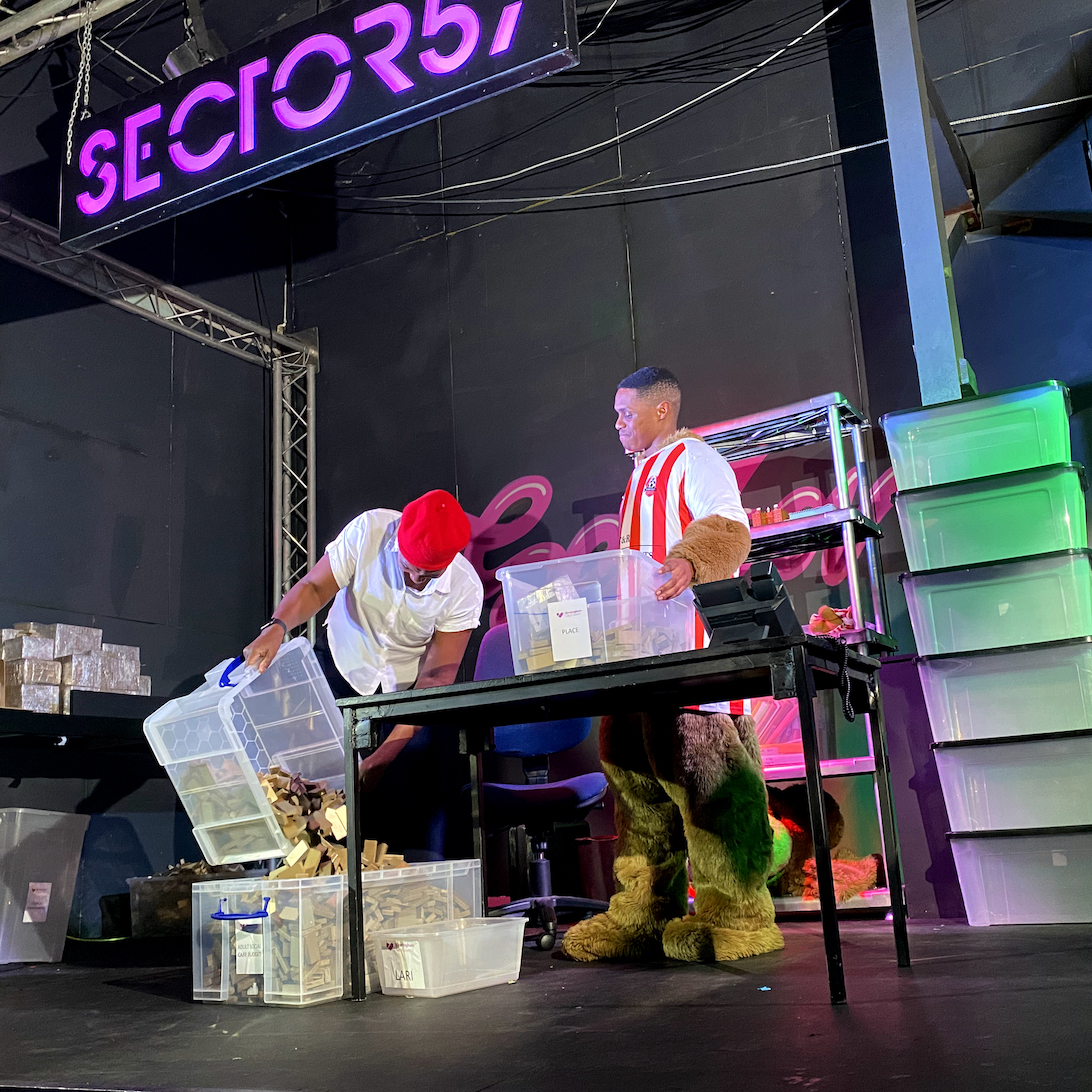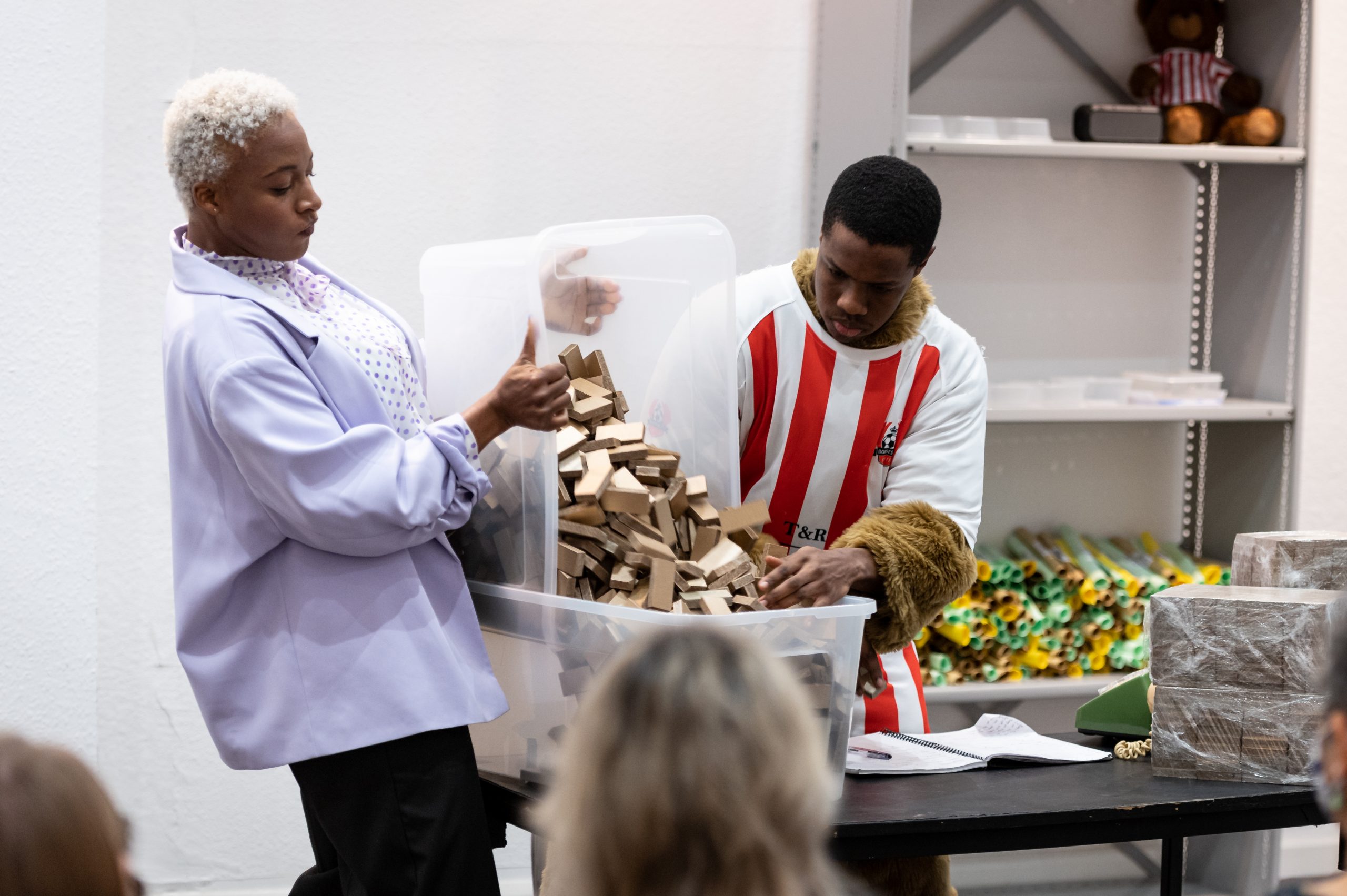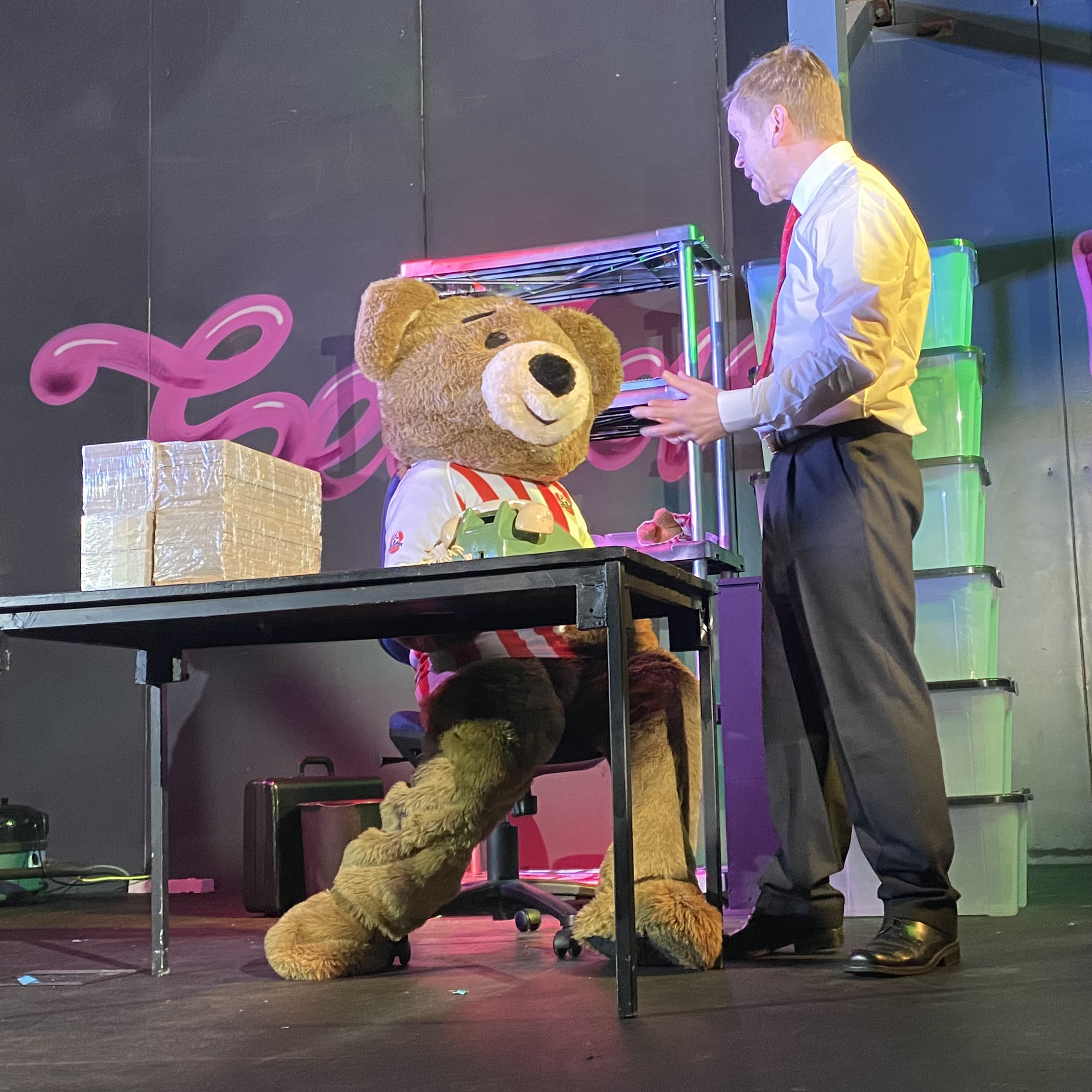
On Tuesday, driving between Birmingham and London, we listened to the radio news tell us that the government has appointed commissioners to run Birmingham City Council’s budget.
In 2012 control of Birmingham City Council’s budget switched from a Conservative – Liberal Democrat coalition back to Labour. The returning leader Sir Albert Bore called together representatives of the city’s artistic community to set out his vision of regenerating the City’s fortunes through the arts. It was an inspirational, visionary pitch, for us the stuff of dreams, yet as soon as Sir Albert sat down his place was taken by his Chief Financial Officer, who brought us back down to earth with a lesson in fiscal reality. He showed us an upward curve plotting the increasing cost of the city’s statutory responsibilities and then imposed over it a downward arc plotting the city’s income. He explained that the diminishing delta between these lines represents the city’s budget for discretionary spending, including its funding for the arts. “We call these The Jaws of Doom” he explained, “the point at which the two lines meet is the moment at which the council’s entire budget has to be spent on its statutory responsibilities with nothing left over for any discretionary spending. Beyond this point lies bankruptcy”. Effectively he told us Sir Albert’s vision was a pipe dream.
This horrifying vision of The Jaws of Doom struck me so strongly that nine years later we made a show called All Our Money dramatising the struggle to balance Birmingham City Council’s budget. When it premiered this February the show had a niche curiosity value. Now, driving between performances at Birmingham Ormiston Academy and the New Diorama Theatre, its subject is the lead story on the national news.
We’ve been asked to comment on Birmingham’s bankruptcy but have been wary of doing so. We’re a theatre company and we’ve said what we want to say on the stage. The show speaks of the rising costs of fulfilling statutory responsibilities and the continual search for efficiencies. It unpacks the complex relationship and huge tensions between local and central government. It is broadly sympathetic towards the plight of local authorities whist also pointing towards inefficiencies we have experienced.
As performed on Tuesday All Our Money has a nostalgic feel. It refers to the equal pay dispute in the past tense rather than an on-going nightmare. It refers to expensive I.T. upgrades without specifically naming the failing Oracle system. Over all it harks back to what now seems like a comforting time time when balancing the City’s budget was merely a challenge and not an impossibility.
There are new versions of the show planned, versions for other cities, versions for district and county councils. There are requests to continue touring the Birmingham version – we’re plotting a coda, one year later when the ending is even less happy…
There is no single financial moral to draw from All Our Money but there is a theatrical one – don’t be afraid to make a show of niche curiosity value, you never know when it may become mainstream.




Thankyou for this enlightenment..and the knowledge that art is ( as ever) a most powerful tool for political evocation and enlightenment..never have we needed powerful informative ART more..
Ghankyou for all that you do..and may continue to create now..and every now..